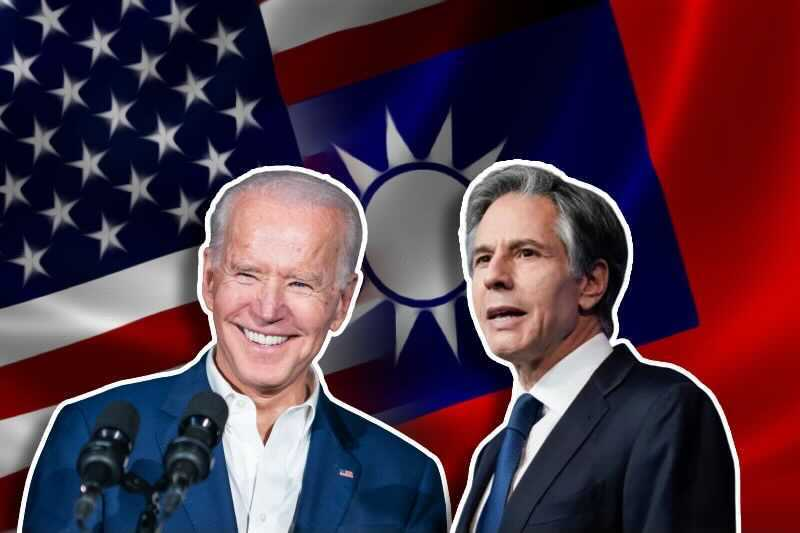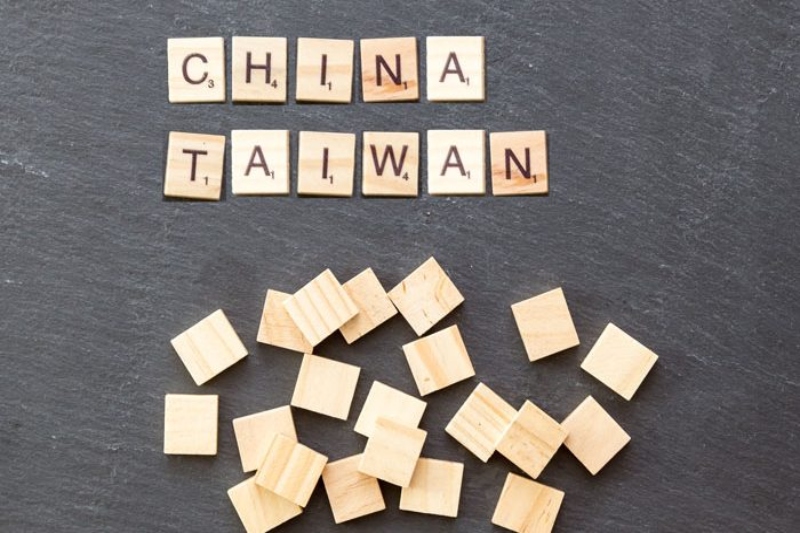
Taiwan elections 2024: Ruling DPP secures record third term amid China threats
Taiwan’s ruling party, the Democratic Progressive Party (DPP), secured a historic third term on Saturday as candidate Lai Ching-te grabbed victory in the country’s closely monitored 2024 presidential election, claiming more than 40% of the vote.
Earlier in the day, the self-governing island of Taiwan started counting votes in the election that is expected to have impacts far beyond its shores, after years of increasing threats from neighbouring China, which has become more powerful under Xi Jinping.
The 23.5 million people of Taiwan are looking for a new president and parliament. Polls closed at 4 pm on Saturday and the result arrived a few hours later under the country’s famously efficient and transparent counting procedure.
Choice between “peace and war, prosperity and decline”
China’s ruling Communist Party claims Taiwan as its territory – and Xi has called the potential unification “a historical inevitability”. The results of the election are expected to not only decide Taiwan’s future but also reshape its relations with Beijing.
China had framed the vote as a choice between “peace and war, prosperity and decline.” Earlier this week, it warned Taiwan’s voters to “make the right choice”. The results could also affect the latest efforts by the US and China to stabilise rocky ties, reported CNN.
Keep Reading
Three men were vying to succeed Taiwan’s first female leader, Tsai Ing-wen. Over the last eight years, the president has raised the island’s global profile and pursued progressive policies at home. But her party has also come under criticism over economic issues.
Taiwan votes 2024: Three men running for the presidency
In the latest presidential election, Tsai’s current vice president, Lai Ching-te, hoped to grab a third victory for the ruling Democratic Progressive Party (DPP), which champions Taiwan’s de-facto sovereignty and separate identity from China.
Mayor and former police chief Hou Yu-ih was the candidate for the main opposition Kuomintang (KMT), a party that traditionally favours closer cross-strait ties. A victory for the KMT would have signalled that voters probably prefer de-escalation of tensions.
The third contender, Ko Wen-je, belonged to the Taiwan People’s Party (TPP). He founded the entity in 2019 to challenge the country’s political duopoly. The candidate also favours closer Taiwan-China ties but said he shall be less deferential to Beijing than the KMT.




